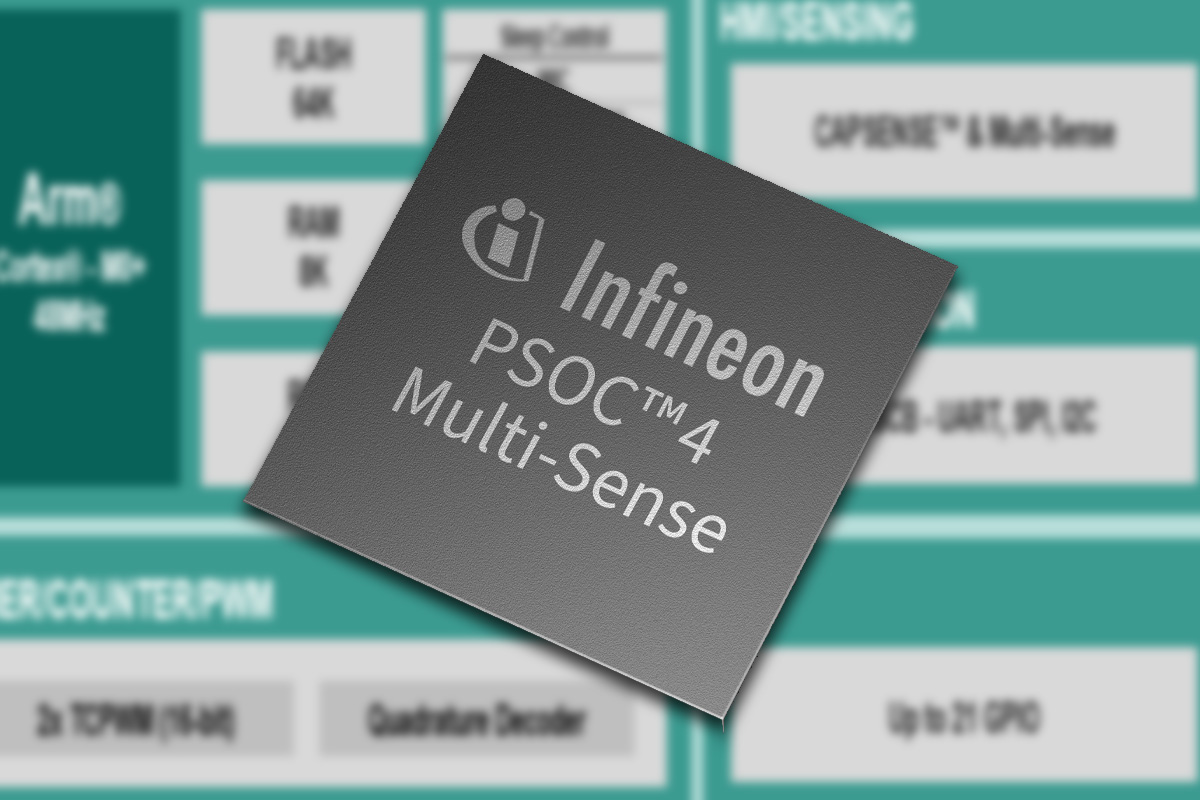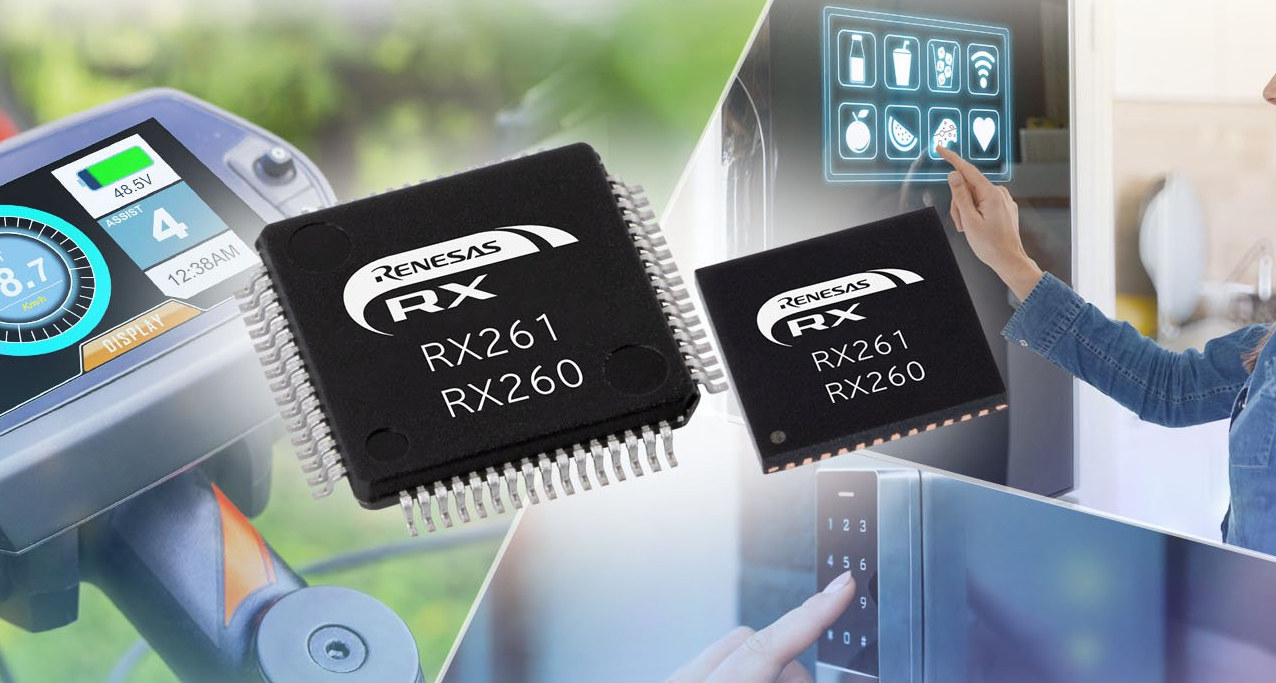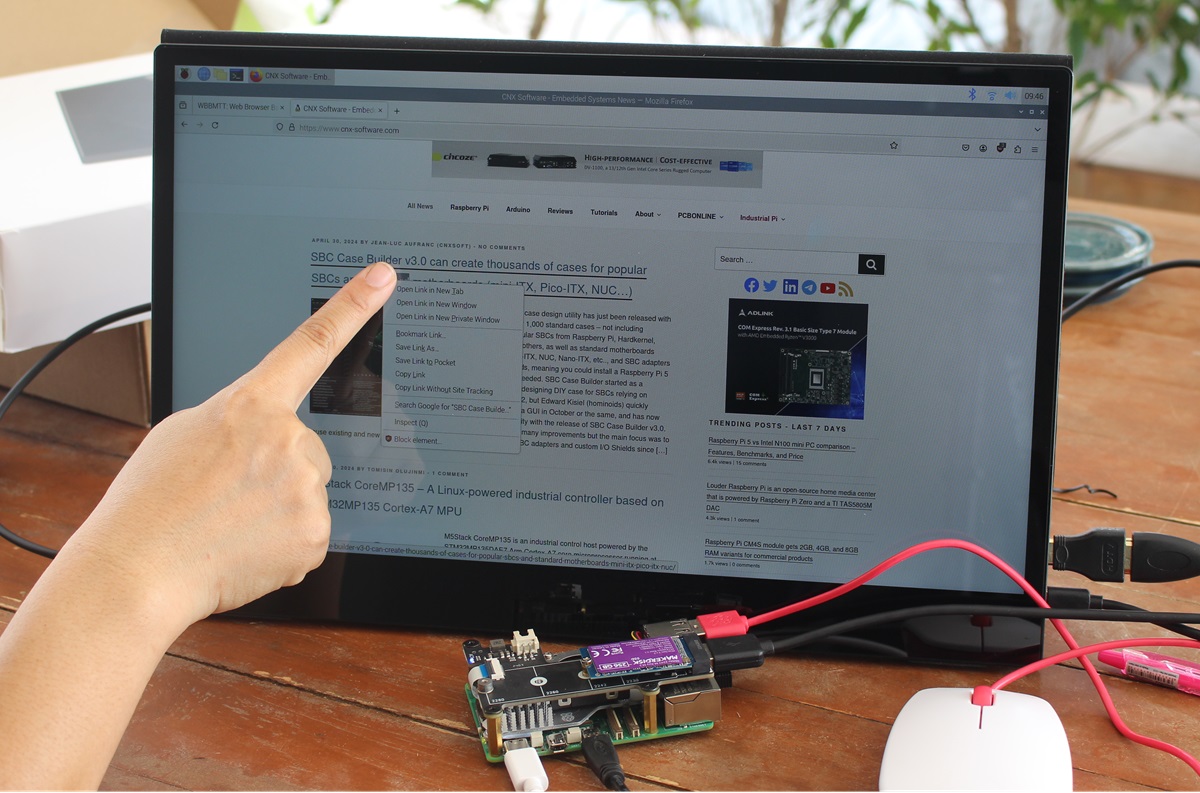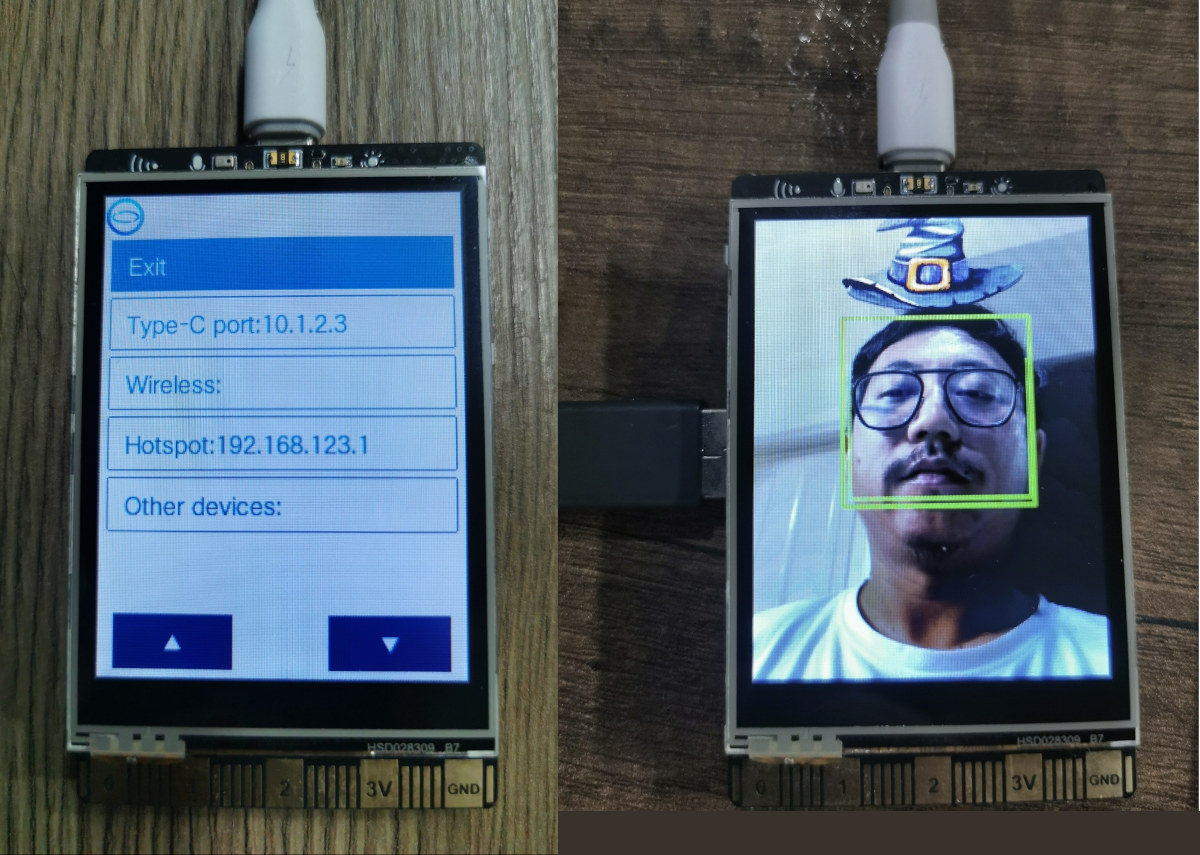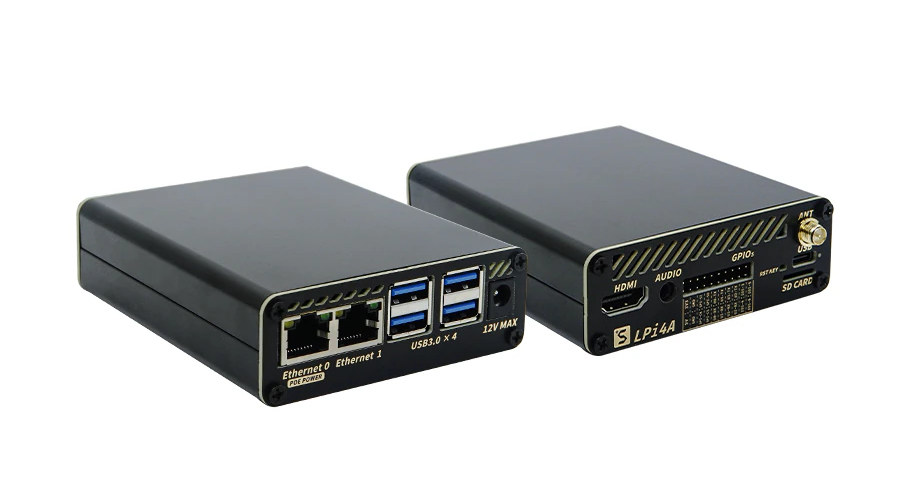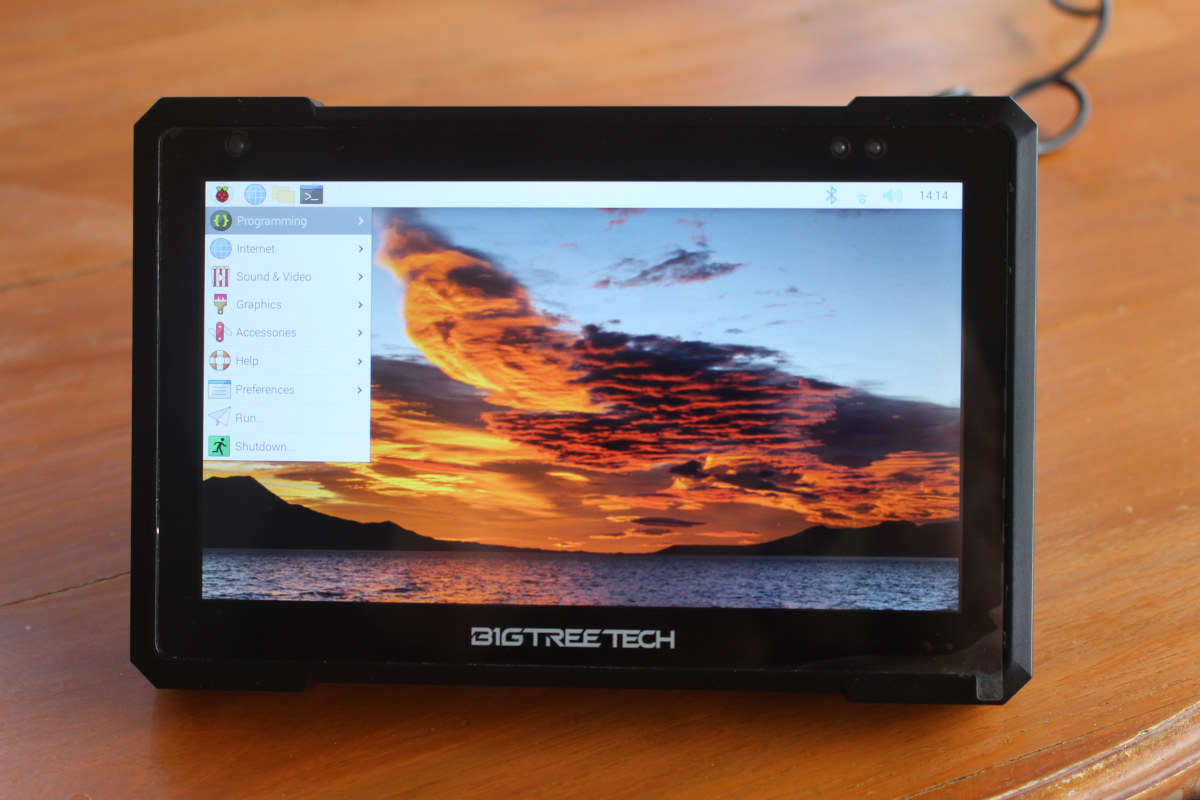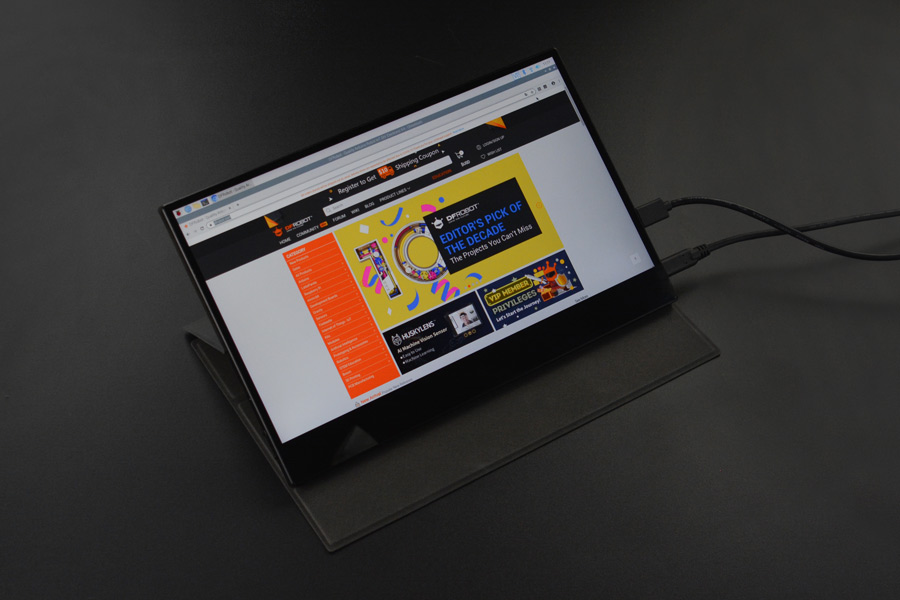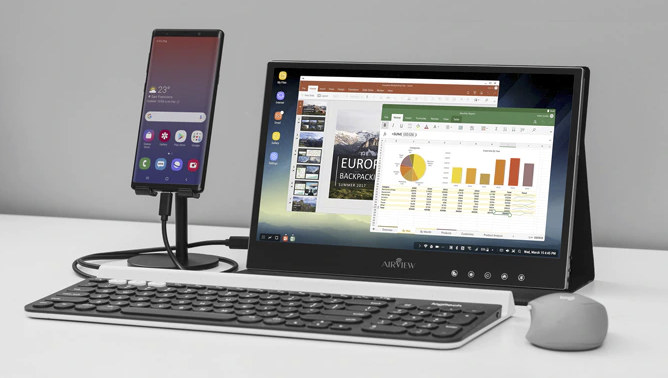Infineon Technologies has introduced the PSoC 4000T Multi-Sense low-power MCU, along with the upcoming PSoC 4100T Plus which will feature higher memory and more I/Os. These MCUs integrate fifth-generation CAPSENSE technology along with Multi-Sense capabilities, including proprietary inductive sensing, and non-contact liquid sensing solutions. This combination makes it easy to develop advanced HMI applications, such as touch-over-metal, hover touch, and accurate liquid-level detection. The MCU also supports SmartSense auto-tuning which eliminates manual calibration. It supports Always-On sensing with 10x lower power consumption and 10x higher SNR than previous generations. Additionally, the MCU enables hover touch detection through 2 cm air gaps and supports capacitive, inductive, and liquid sensing in a single device. The device also supports waterproofing for harsh environments and reduces system complexity and cost by integrating multiple sensing technologies into a single chip. Infineon PSoC 4000T specifications: MCU Core – 48 MHz Arm Cortex-M0+ CPU Memory – Up […]
Renesas RX260 and RX261 64 MHz RXv3 MCUs target power-efficient touch applications
The Renesas RX260 and RX261 two new 64 MHz microcontrollers part of the high-performance, high-efficiency RX product family with integrated capacitive touch-sensing and high power efficiency in both active and standby modes. The microcontrollers are based on the RXv3 core with a performance score of 355 CoreMark @ 64MHz, which is “2.5 times higher than competing 64 MHz class MCUs.” The chips are also power-efficient, with a consumption rate of 69μA/MHz during active operation and 1μA only in standby mode. According to Renesas, the chips are up to 25% more efficient in active mode and 87% more efficient in standby mode than other 64 MHz class MCUs. Another competing factor is the onboard 8KB of data flash, eliminating the need for external EEPROM. The RX260 and RX261 Group MCUs support noise- and water-resistant capacitive touch via Renesas’ third-generation capacitive touch IP (CTSU2SL). They also integrate an “automatic judgment function” that […]
Review of CrowVi 15.6-inch portable USB-C and HDMI touchscreen display with Windows 11, Ubuntu 24.04, and Raspberry Pi 5
Elecrow CrowVi VF156T – or just CrowVi for shorts – is an ultra-thin 15.6-inch portable touchscreen display with mini HDMI and USB-C input ports making it suitable for a wide range of devices from Windows 11 and Linux mini PCs or laptops, SBCs such as the Raspberry Pi 5, and smartphones featuring a USB-C port with DisplayPort Allt. mode. The display supports 10-point multitouch, offers a 1920×1080 “Full HD” resolution, and includes stereo speakers and a 3.5mm audio jack. Besides the USB-C input, it also comes with an additional USB-C PD port for power in case the host does not provide enough power or only HDMI input is used without the touchscreen function. There’s also a “smart case” acting as a foldable stand on the back so you don’t need to bring your own stand. Elecrow sent us a sample of the CrowVi 15.6-inch portable monitor for review and we […]
UniHiker review – A Linux-based STEM education platform with IoT and AI support, Micro:bit edge connector
DFRobot’s UniHiker is a STEM educational platform that was originally launched in China, but now UniHiker is now available worldwide through the DFRobot shop. The company has sent us a UniHiker sample for review, so let’s unpack the kit and learn how to use the UniHiker platform. The main component of the kit is the Linux-powered UniHiker board which features a 2.8-inch resistive touchscreen display and a BBC Micro:bit edge connector, so we can use expansion boards for the Micro:bit board. Let’s start unboxing it together. UniHiker unboxing DFRobot sent us the UniHiker platform by DHL. The package is a familiar-looking DFRobot box in orange color and comes with a plastic box to safely store the UniHiker board and accessories after use. The plastic box contains another plastic box with the board, some 3-pin and 4-pin cables for Gravity ports, and a USB Type-C cable. The UniHiker is like a […]
LicheePi 4A RISC-V SBC gets 16GB/128GB version, metal enclosure, 10.1-inch display, and more accessories
LicheePi 4A quad-core RISC-V SBC is now available with 16GB RAM and 128GB eMMC flash, and Sipeed has also introduced various accessories such as a metal enclosure, a 10.1-inch touchscreen display, a PoE module, and a camera module. The Lichee Pi 4A board was first unveiled in December 2022, before the beta version launched in May 2023 with 8GB RAM and 8GB flash. Since then Sipeed also started selling an 8GB/32GB model, and now a new version of the T-Head TH1520-powered single board computer is now available with 16GB LPDDR4X and 128GB eMMC flash for $179 plus shipping. LicheePi 4A SBC While pricing is quite different, the LicheePi 4A was launched as a RISC-V alternative to the Raspberry Pi 4 SBC, so here are the specifications of the two boards side-by-side. Sipeed currently provides a Debian image based on Linux 5.10 and built with Yocto, but Linux mainline support is […]
Using BTT Pad 7 touchscreen display with Raspberry Pi CM4
The BTT Pad 7, or BIGTREETECH Pad 7 in full, is a 7-inch touchscreen display that ships with the CB1 Allwinner H616 system-on-module compatible with Raspberry Pi CM4. The display is mostly designed for 3D printers with its SPI and CAN Bus interfaces, but it can also be used as a standard tablet PC. So today, I’ll switch the CB1 with a Raspberry Pi CM4 Lite module and report my experience doing the conversion and using it as a Raspberry Pi CM4 tablet PC running Raspberry Pi OS, and test it with a 3D printer with Klipper in another post later on. Installing a Raspberry Pi CM4 (Lite) module in the BTT Pad 7 We’ll need the Pad 7, a Raspberry Pi CM4, and a few tools. The first step is to remove the red heatsink by loosening four screws with a 2.0mm hex key, as well as the cover […]
12.5-inch 4K IPS Touchscreen Display Works with Raspberry Pi 4B and other 4K SBC’s
There are plenty of displays for the Raspberry Pi boards, but if you are looking for a high-resolution display with capacitive multi-touchscreen it may be challenging to find. DFRobot may have what you are looking for though with a 12.5″ 4K IPS touchscreen display. The company says it’s compatible with Raspberry Pi 4B SBC, but since it comes with a mini HDMI input port, it should really work with any 4K capable SBC’s or computers. Key features & specifications: 12.5-inch IPS Pro display with 4K UHD (3840×2160) resolution, 60 Hz refresh rate, HDR, 10-point touch 100% Color gamut, 400cd/㎡ brightness, 178° viewing angle Video Input – Mini HDMI input Audio – Built-in left and right loudspeaker, 3.5mm audio jack (output) USB – 2x USB Type-C ports both supporting touch/data and power Misc – Function menu button, power LED, power button Power Supply – Via USB-C port (USB-PD supported) Dimensions – […]
AirView Wireless Touchscreen Display Works with Phones, Laptops, Raspberry Pi, Etc. (Crowdfunding)
We’ve already written about several displays that take USB-C, HDMI or/and WiFi inputs to add a monitor to phones or computers including DUO add-on display and LAPSCREEN. AirView is another one of those and has launched on Kickstarter with a 13.3″ and 15.6″ Full HD versions featuring a touchscreen, built-in Miracast & AirPlay support, as well as HDMI and USB-C ports. It works with Android/iOS phones, traditional laptops & computers, SBC’s such as Raspberry Pi, and even game consoles. Two Airview models are available with the following hardware specifications: 15.6-inch model 1920×1080 resolution @ 60 Hz (4K model planned, but not available in KS) IPS display Multi-touch support Brightness – 250cd/m2 SRGB gamut – 98% Dimensions – 352 x 228 x 9.4 mm Weight – 1080 grams 13.3-inch model 1920×1080 resolution @ 60 Hz IPS display Multi-touch support Brightness – 300cd/m2 SRGB gamut – 100% Dimensions – 310 x 200 […]


